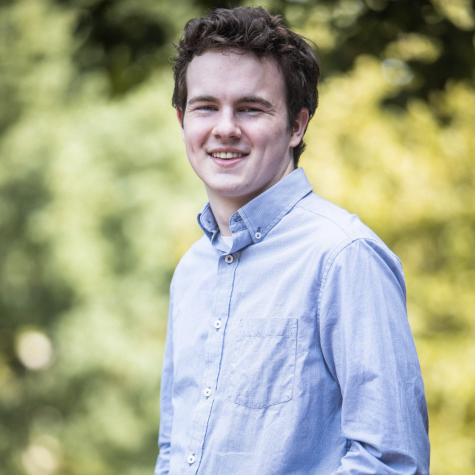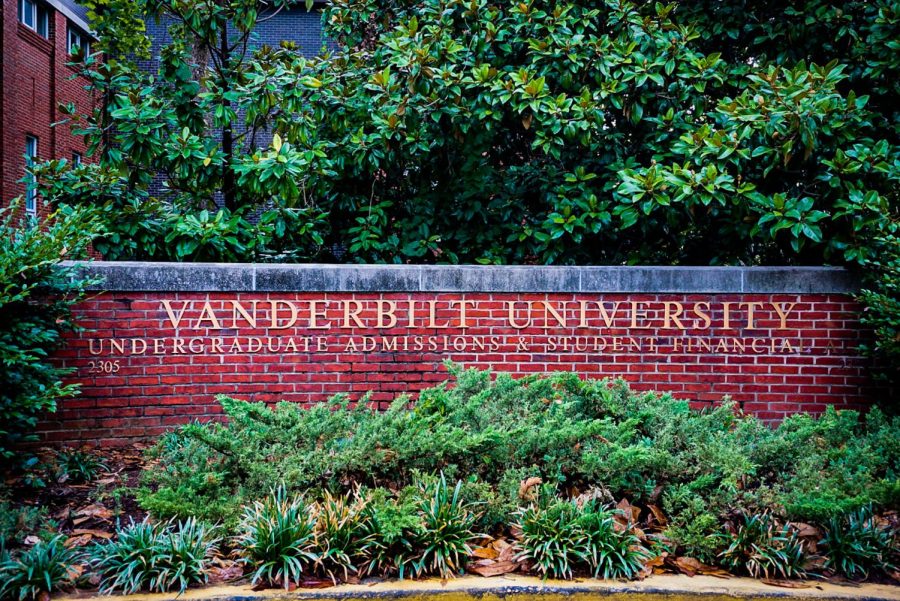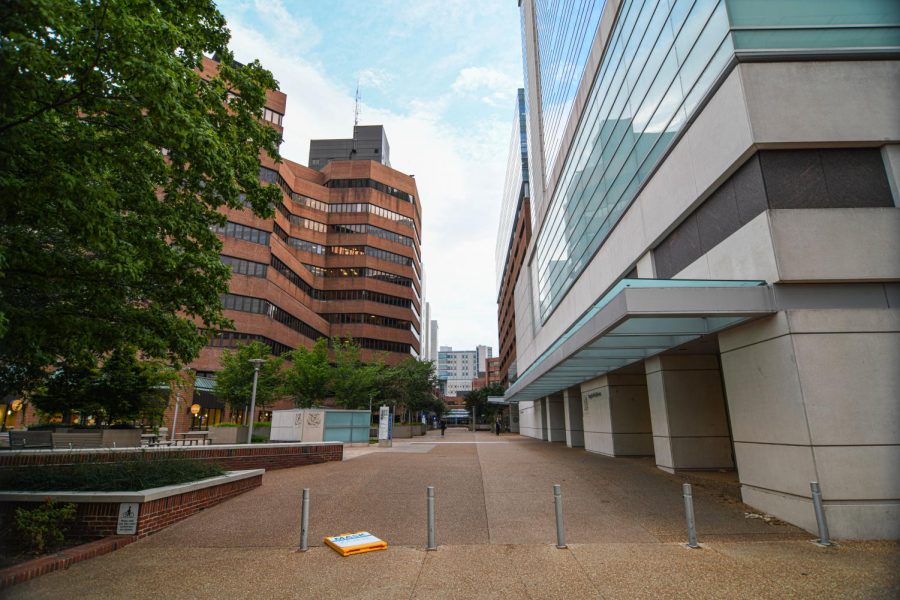While most of America restlessly awaits a return to normal life, Vanderbilt University Medical Center (VUMC) researchers are hard at work developing coronavirus treatments.
VUMC researchers are hard at work in labs focusing on antibody, vaccine and antiviral research for COVID-19. VUMC researcher Mark Denison is currently working with one of the three vaccine trials responsible for one of the three vaccine trials. As of Saturday, April 11, three vaccines have entered human clinical trials worldwide, with VUMC’s Denison Lab involved with one of the trials.
Public Health
With the cancellation of Vanderbilt’s in-person classes and Nashville’s institution of a Safer At Home order, the once lively Nashville has adapted to the demands of COVID-19 by embracing a variety of social distancing measures: the closing of non-essential businesses and the practice of home isolation. Gov. Bill Lee extended the state’s stay at home order until April 30 following studies, including one by Vanderbilt School of Medicine Health Policy, that show that Tennessee’s peak cases could come as early as mid-May to June if the public continues to practice social distancing measures.
“One of the things that we know, and is very important, is that social distancing does reduce the contagion, it does reduce the number of people that are infected,” said Dr. Kathryn Edwards, Infectious Disease specialist at VUMC and expert in vaccine safety and efficacy.
Advancing COVID-19 treatment techniques
VUMC physicians are looking to manage ventilator use based on different phenotypes for hypoxemic respiratory failure from COVID-19, which is a condition that arise from low levels of oxygen in the blood. This change in policy is in response to more information coming out about the ability to differentiate between the phenotypes, according to Dr. Fabien Maldonado, a thoracic surgeon at VUMC
As the virus spreads in the lungs, it can wreak havoc on the lung tissue. This can trigger an immune response that overwhelms the alveoli sacks responsible for oxygen exchange in the blood. In extreme cases, blood oxygen dips below an accepted value and patients may require ventilation, Maldonado said.
The different phenotypes Maldonado mentioned, or the physical conditions associated with low blood oxygen content in COVID-19 patients, are proving to be crucial to an effective patient treatment plan. The first phenotype appears fairly normal on lung Computed Tomography (CT) scans with some cloudiness, indicating lung inflammation; however, there is not enough inflammation to explain why the blood oxygen content is so low, Maldonado said. The second phenotype presents itself like acute respiratory distress syndrome (ARDS)—the widespread lung inflammation resulting from a strong immune response—which prevents the blood from being properly oxygenated, Maldonado said.
When the blood oxygen content of the patients with the relatively clean CT scans continues to drop, they are placed on a ventilator to push air into their lungs in an attempt to oxygenate their blood. The problem is that these patients’ conditions can deteriorate more quickly because of the ventilator, Maldonado said.
In the first phenotype with the cleaner CT scans, “If you take these patients and put them on the ventilator and blow their lungs open, you can actually traumatize the lungs and get them to a more regular ARDS picture,” Maldonado said.
Before the acknowledgment of multiple phenotypes, the standard practice was to place all patients on a ventilator if blood oxygen content was low. However, physicians now see potential drawbacks to universal ventilator use and are exploring new methods to increase blood oxygen content as the body fights the virus and controls the inflammation, Maldonado said.
“The management strategies for these two types of patients, as we move forward, we’ll see that we have to tailor our approach to oxygenation to the phenotype we’re dealing with,” Maldonado said.
Vaccine Development
Moderna, a biotech firm, is currently conducting a U.S. clinical trial with the Denison Lab and several vaccine centers nationwide. Moderna’s vaccine uses a novel mRNA vaccine that targets COVID-19’s spike protein, the receptor binding portion of the virus responsible for the infection of cells. Phase one of the clinical trial is currently in progress, with the vaccine given in 2 doses, 28 days apart, to 45 healthy adults between the ages of 18-55 across three testing sites, said Edwards.
“Those individuals will then provide blood to see whether the vaccine has caused their body to make antibodies and specifically to see whether their blood has made antibodies against the spike protein, which would neutralize and kill the virus,” Edwards said.
A phase two study will increase the study size while the side-effects and immune response are monitored.
“The final part, if that [phase two study] works well, then there will be a phase three trial, an efficacy trial. An efficacy trial is a trial that shows that the vaccine actually works to prevent disease. What will need to be done is that people will be enrolled in the trial and people will get the vaccine and some people will not,” Edwards said.


















